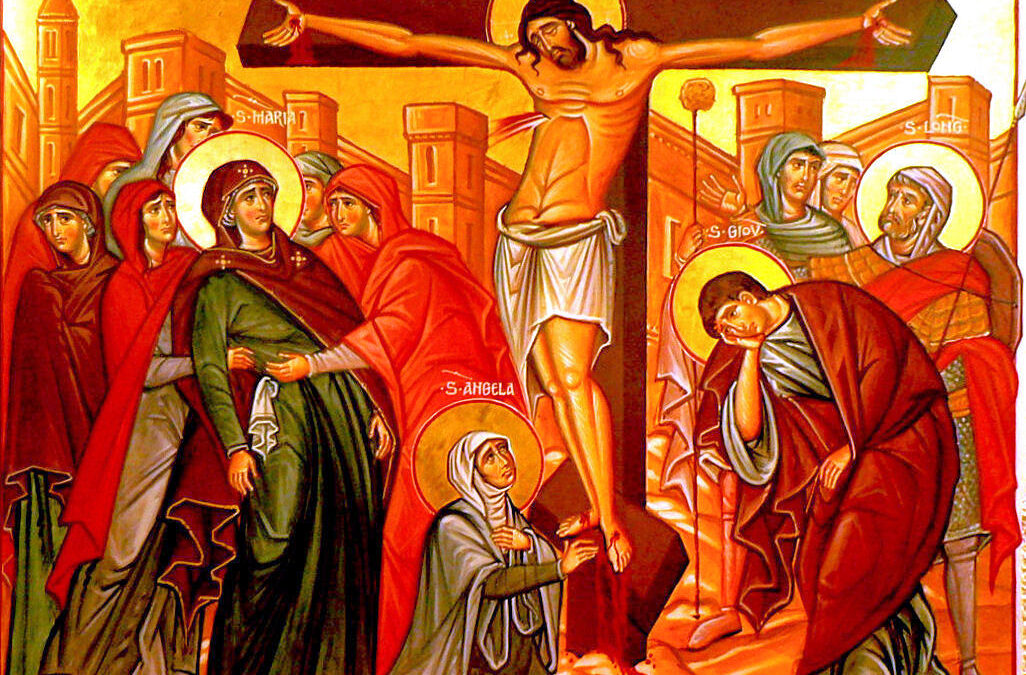“From then on Pilate sought to release him, but the Jews cried out, ‘If you release this man, you are not Caesar’s friend. Everyone who makes himself a king opposes Caesar.’ So when Pilate heard these words, he brought Jesus out and sat down on the judgment seat at a place called The Stone Pavement, and in Aramaic Gabbatha. Now it was the day of Preparation of the Passover. It was about the sixth hour. He said to the Jews, ‘Behold your King!’ They cried out, ‘Away with him, away with him, crucify him!’ Pilate said to them, ‘Shall I crucify your King?’ The chief priests answered, ‘We have no king but Caesar.’ So he delivered him over to them to be crucified.” (John 19:12-16)
As we contemplate the events leading up to the crucifixion of Jesus, we should consider the actions of the religious leaders of the Jews. They demanded that Pilate put Jesus to death. They had made all sorts of false accusations against Him. They put a spin on some of the words He said or cited them out of context, much as so many do these days. As religious as they claimed to be, they lied and were compliant in His death. They cared more about keeping the Passover than they did about keeping the commandments of God. They keep one but violated the other thus falling under God’s judgment.
As for Pilate, he demonstrated his weak and corrupt nature in his final decision to condemn Jesus to death even though he knew He was innocent. He did this out of fear of both the Jews as well as his superiors. The Romans would not like the Jews rising up against their authority. And if Jesus were a King as the Jews said He claimed to be, the Romans would not appreciate it if Pilate ignored the situation. So he caved into the pressure, demonstrating that he really had no regard for the value of human life or the courage of his own convictions. Politics and an easy life were more important to him than justice. He too would fall under God’s judgment.
In contrast we see at the foot of the cross other people who stood by Jesus despite the hatred and venom displayed at the trials and crucifixion itself. Some of this hatred toward Jesus would have fallen on them. First we see the little group who stood by at the foot of the cross, Jesus’ mother Mary, his aunt, the 2 other women named Mary, and John the apostle. The same scorn and verbal abuse that was heaped upon the humiliated and exposed Jesus was no doubt heaped on them. This would be hard for them to endure for they were in the midst of tremendous emotional trauma and grief. Their grief would only be exacerbated by the unkindness that was shown them.
In addition we see the courage and kindness of Joseph and Nicodemus both members of the Sanhedrin. They used their reputation and status among the religious leaders of the Jews to take Jesus’ body and bury it risking the abuse which would surely be hurled at them by their peers. Finally, let us not forget that they became ritually unclean at the time of the great feast of Passover by coming into contact with the dead body. These men and the others at the cross were motivated to do what they did out of love and compassion for Christ which was more important to them than the criticism and scorn of others. They encourage us to stand for Jesus and the Gospel against the abuse and scorn the people of our world heap upon us.

